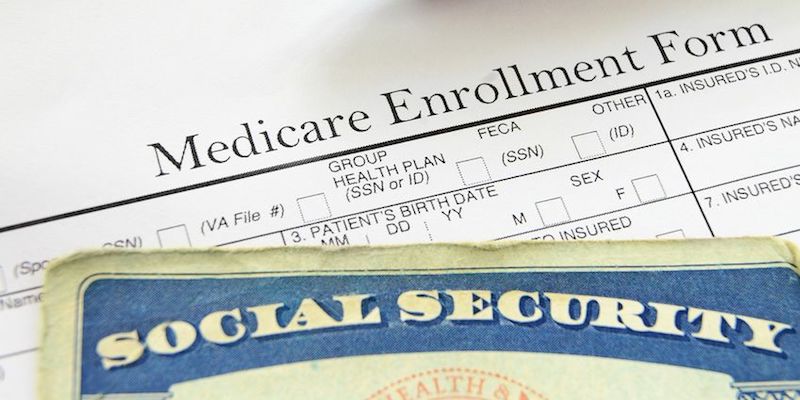If you have health insurance coverage, your provider will typically pay your accident-related medical bills on your behalf, although most policies have subrogation rights that will require you to reimburse them for the amount they paid once you collect from a third party.
Medicare Will Expect to Be Reimbursed for Benefits Paid
When you’re over 65 and on Medicare, you might be living on a fixed income, which means every penny matters. Being injured in a Colorado car accident is likely something you didn’t plan for, and the bills have made your tight budget even tighter.
If you are fortunate enough to have health insurance coverage, your provider will typically pay your accident-related medical bills on your behalf, although most policies have subrogation rights that will require you to reimburse them for the amount they paid once you collect from a third party (usually the liability insurance carrier).
It is strongly recommended that you receive legal advice regarding subrogation rights, since an experienced attorney is often able to get the insurance company to reduce or waive the amount you will have to pay back, and failure to comply with the requirements of your policy could result in cancellation of your coverage or the company filing a lawsuit against you.
Medicare Requirements for Personal Injury Cases
If Medicare paid benefits for medical treatment related to your personal injury, it has a right to place a lien on any amount you recover in a third-party settlement. Your attorney will be required by federal law to send proof of representation (usually a copy of your retainer agreement). You will also need to report the accident to the Medicare Coordination of Benefits Contractor and notify them that you are seeking recovery from the person who caused your injury so that your case can be evaluated for repayment at a later date.
If medical services qualify for reimbursement under Medicare regulations, Medicare will pay the claims conditionally, subject to later recovery if there is an ensuing settlement, judgment, or award made in your case. Recovery can come from a primary plan or any individual or entity, including the injured person, health care provider, attorney, or private insurance company that has received a primary payment.
When your case settles or a judgment, award, or other payment is made, the Benefits Coordination & Recovery Center will send a formal demand letter to you and your attorney or other representative setting out your primary payment obligation. The letter will typically include:
- A summary of conditional payments made by Medicare
- The total demand amount
- Information on applicable waiver and your rights for administrative appeal
If Medicare is not notified or you fail to reimburse the demand amount within a specific time frame, the U.S. is entitled to sue for double the amount owed for up to six years. But once again, an experienced personal injury attorney is often able to negotiate with Medicare to reduce the lien, sometimes significantly.
If the insurance policy that paid benefits for your treatment is a Medicare-supplemental plan, sometimes referred to as Medi-Gap, that company may or may not have the right of recovery. But Medicare Advantage plans are private insurance plans that have been approved by Medicare, and federal law has authorized these private insurers to recover costs from an injured party. Many of these companies include a clause about their right to recovery in the contract.
If you sustained injuries due to another’s negligence and Medicare paid your medical bills, contact Colorado personal injury attorney Dan Rosen to discuss the details surrounding your injuries.

